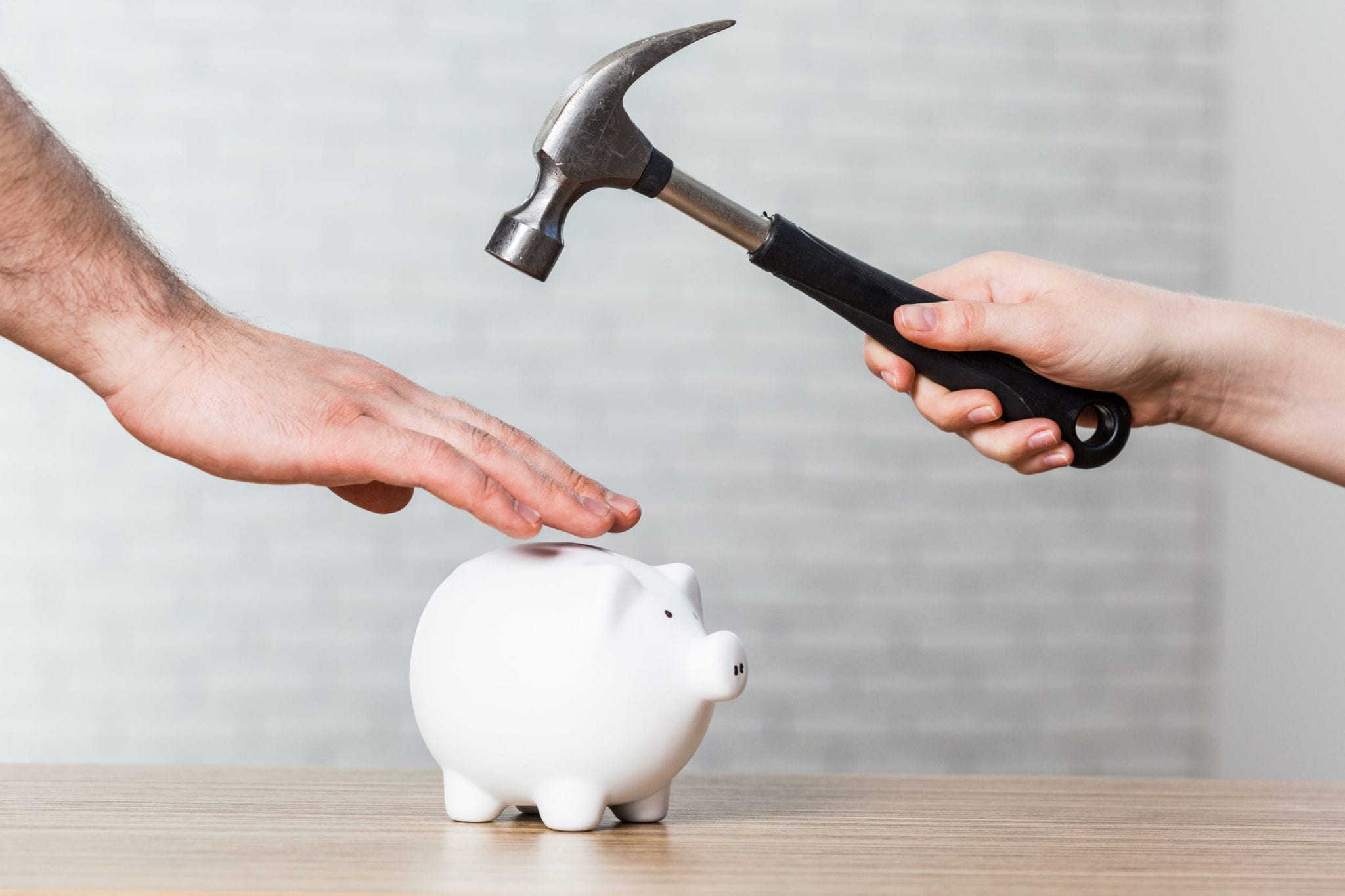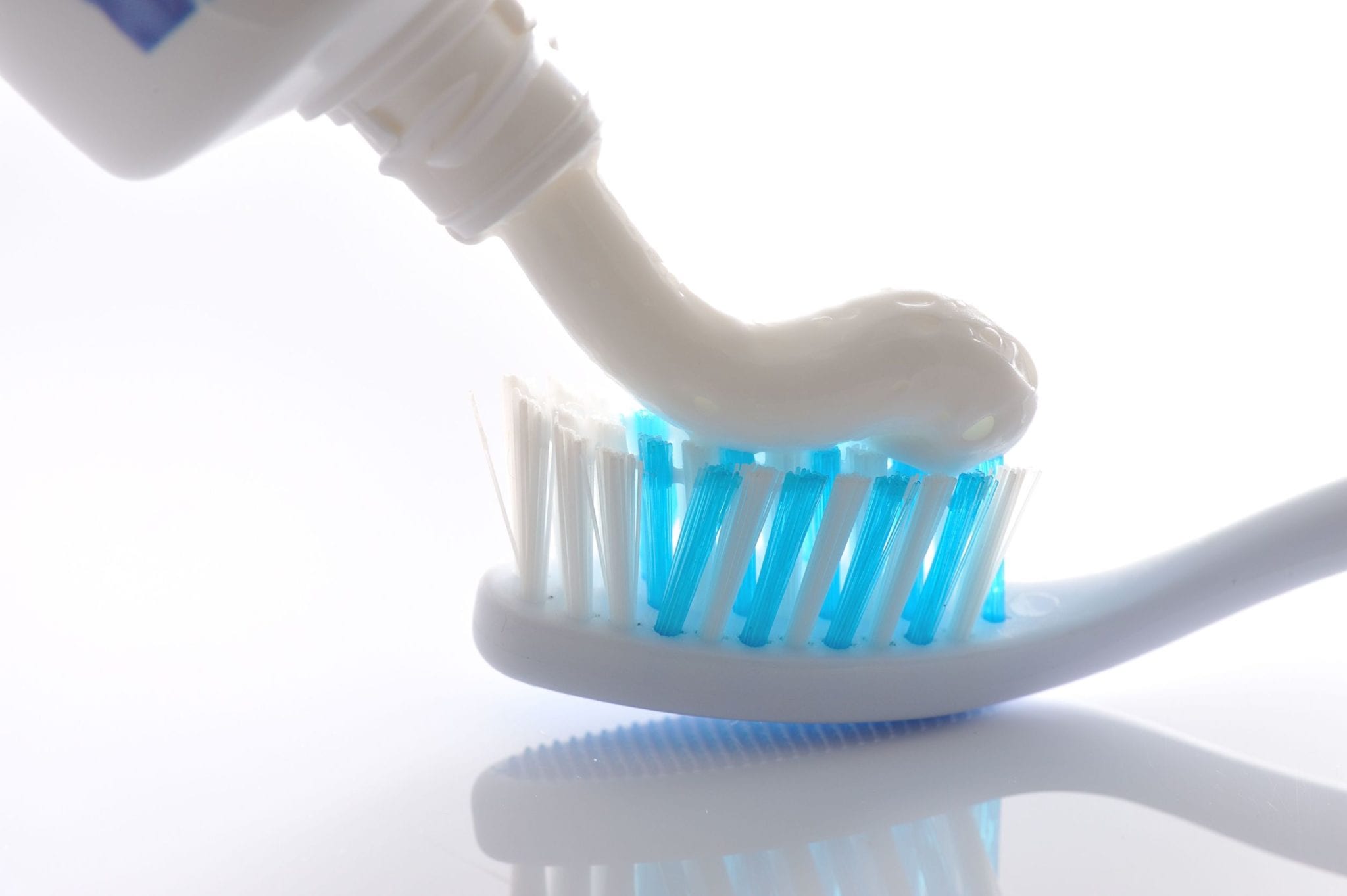
One of the biggest concerns with dental care for many patients is the cost. This leads many people to simply avoid going to the dentist until it’s urgent and they are in pain.
Unfortunately, this is not only bad for your oral health, but may actually raise the cost of dental care, as allowing dental problems to go unchecked increases the extent (and therefore the cost) of necessary care.
Fortunately, there are many ways to save money at the dentist that are also beneficial to your oral health. Below, we’re going to cover some tips and tricks that will keep your mouth – and your wallet – in good shape.
Get Dental Coverage If Possible
Dental coverage is available through most bigger employers at a relatively low cost. If this is available to you, make sure you elect to receive it.
This usually covers two checkups/cleanings per year, which will go a long way towards preventing costly dental problems. Dental coverage will also cover a majority of the cost of expensive restorations.
Talk to Your Dentist About Alternatives
If you need a restoration or other dental procedure, be sure to discuss all of the potential options (and their cost) with your dentist. He or she can help you select the option that is not only best for your oral health, but also the most cost-effective.
Practice Good Oral Hygiene at Home
Prevention is the first line of defense for any potential health problem, including oral health problems. Practicing good home care is necessary to prevent tooth decay, gum disease, and other dental problems that are both detrimental to your oral health and costly to fix.
Your dental hygienist can help advise you on good oral hygiene practices. In the meantime, the following oral hygiene tips and tricks will help:
- Brush thoroughly twice daily. When you brush, take your time (about two minutes each time) and use proper technique.
- Floss at least once daily. When flossing, be sure to work the floss gently between teeth, as “snapping” it up against the gum can actually do more harm than good. Also, be sure to gently clean the gumline.
- Brush after consuming sugary foods. It’s okay, we do it too. Everyone indulges from time to time. However, you can dramatically decrease the risk to your teeth by brushing within 10-20 minutes of consuming sugary foods or beverages.
- Use mouthwash. Everyone knows that mouthwash is helpful in preventing bad breath, but it can do more than that. Your dentist may also advise that you use a special mouthwash with fluoride if you’re prone to tooth decay.

- Use fluoride-containing dental products. Most toothpaste contains fluoride, which helps strengthen your teeth, and may help prevent decay.
Avoid Foods and Habits that Promote Tooth Decay and Damage
If possible, avoiding or decreasing foods and habits that promote tooth decay and damage will go a long way towards improving your oral health, as well as keeping affordable dental care within your grasp.
The biggest culprit for tooth decay is sugar. That’s because sugar is rapidly consumed by the bacteria that naturally inhabit your mouth. When the bacteria break down the sugar, this leads to the secretion of acidic byproducts that erode your teeth. Sugar also encourages the growth of these decay-promoting bacteria.
The following foods promote tooth decay:
- Candies and sweets that remain in your mouth. If you’re going to indulge in some sweets, choose those that quickly clear your mouth, such as chocolate. Sweets that stick around, such as hard candies, suckers, jelly beans, and caramels allow sugar to linger.
- Refined carbohydrates. Starchy foods are nearly as harmful to your teeth as candy. Starches made from white flour and refined carbohydrates are quickly broken down into sugar by saliva and bacteria.
- Soda is high in sugar, and the sugar washes over all of your teeth repeatedly, making sure that all of the bacteria in your mouth receive a healthy dose. Further, these drinks are acidic, which erodes tooth enamel.
- Lemons, citrus, and other acidic foods. These foods erode tooth enamel. Avoid keeping them in your mouth for a long time, and wash them down with a glass of water.
In addition to tooth decay, damage to the enamel is another major culprit for expensive dental procedures. Moreover, it can promote tooth decay. If you are prone to bruxism, or grinding your teeth, be sure to wear a night guard to prevent damage to your teeth. If you participate in sports that are likely to damage teeth, be sure to always wear a mouthguard.
Do Restorations Sooner Rather than Later
No one likes hearing that they have a cavity. However, doing restorations sooner means that they will be more affordable, and helps avoid big-ticket procedures such as root canals, crowns and implants.
Keep Regular Cleaning Appointments and Checkups

Dental cleanings and checkups are your first line of defense against costly dental problems. Checkups can help nick potential problems in the bud, and cleanings help prevent tooth decay and gum disease.
To learn more about what you can do to keep your dental costs down, get in touch with our office.






